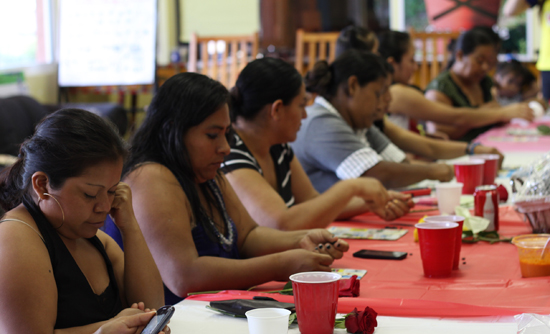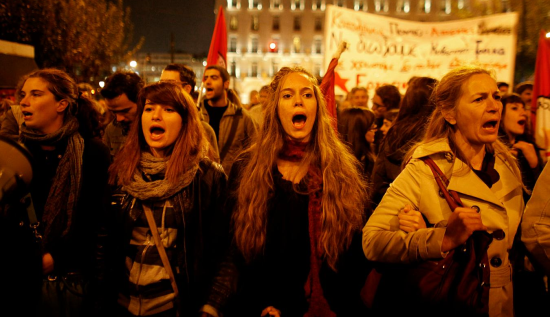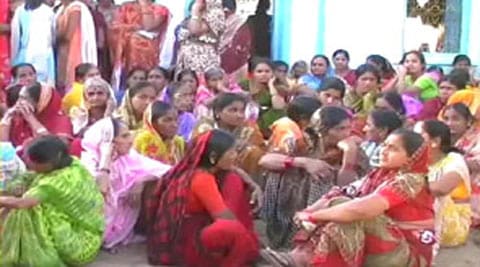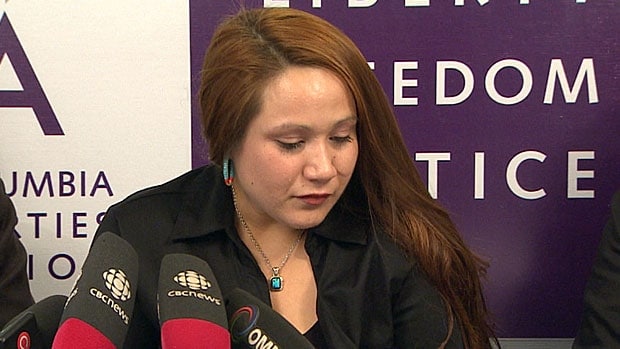
Mother’s Day seemed to end early and abruptly this year.
In Australia, under the proposed new national budget, women who have a child, otherwise known as mothers, face paying 30% more on student loans than their male counterparts. No matter that another government policy encourages women to have three children, one for ma, one for pa, and for the nation down the road: “These aren’t choices we force on men. These are penalties we extract from women, based on their gender.”
Speaking of penalties, this week, the Pennsylvania ACLU revealed that in Pennsylvania, pregnant women prisoners are routinely shackled, including during childbirth. Pennsylvania is one of the states that actually has a law, the Healthy Birth for Incarcerated Women Act, which prohibits this kind of treatment. That law was passed in 2010. The ACLU has written to the Attorney General of Pennsylvania asking her to `clarify the law.’
Speaking of clarifying the law, Marissa Alexander still can’t catch a break. For having shot once in the air and not endangered anyone, in order to ward off an abusive partner, Marissa Alexander still faces a possible 60 years behind bars. While her lawyers may have all sorts of new evidence, the prosecuting attorney says the evidence isn’t new enough and the judge is worried about the precedent set by having a second Stand Your Ground hearing. Happy Mother’s Day.
But for the women farmworkers of Immokalee, it may just be a Mother’s Day to celebrate. For the fourth year in a row, farmworker mothers, members of the Coalition of Immokalee Workers, stormed the ramparts of Publix, armed to the teeth with hope, a vision of a decent and dignified future for all, a dream of industrial democracy, and a letter, which read:
“May 11, 2014
Mother’s Day
To Publix:
We are farmworker women. This is the fourth celebration of Mother’s Day in which we are writing to Publix to ask that you join the Fair Food Program.
As mothers, we work in the fields to support our families, especially to help our children through school.
As mothers, we do not make enough to fully support our family. And the little that we do make is not easy to earn: We work under the sun and rain of Florida. We do everything so that you can have tomatoes: we plant, we tie up the plants, we harvest, and then we do it all again the next season. In spite of all that, it seems that you do not understand and do not want to hear the voice of farmworkers.
Publix profits from the sweat of those of us who work in the fields. We deserve respect and we deserve a fair wage.
Now is the time to join the Fair Food Program to protect the rights of workers and ensure a fair wage, with the penny per pound that 12 other corporations are already paying. What are you waiting for, Publix?
Sincerely,
The Women’s Group of the Coalition of Immokalee Workers”
After delivering the letter, Lupe Gonzalo reported, “Publix presumes to say that they support families — but in reality, we don’t see this support. And we are not afraid to tell them that what they are saying is not true. We are not afraid to come and protest in front of their stores. Because we are speaking the truth, with our heads held high. For all of us, when we speak to our children, we tell them the truth. And we tell them that Publix has not signed onto the Program because they are afraid. Even children can see that. But what does Publix say to its children? Only lies? Is that how they are educating their children? That is not how we prepare our children for the future.”
Others, like Nely Rodriguez, mother of four, agreed. Now is the time!
Thanks to the work of women like Marissa Alexander, Lupe Gonzalo, Nely Rodriguez, maybe Mother’s Day didn’t end early this year, because, for them, the struggle of women continues, and that’s what Mother’s Day is all about.
(Photo Credit: Coalition of Immokalee Workers)





